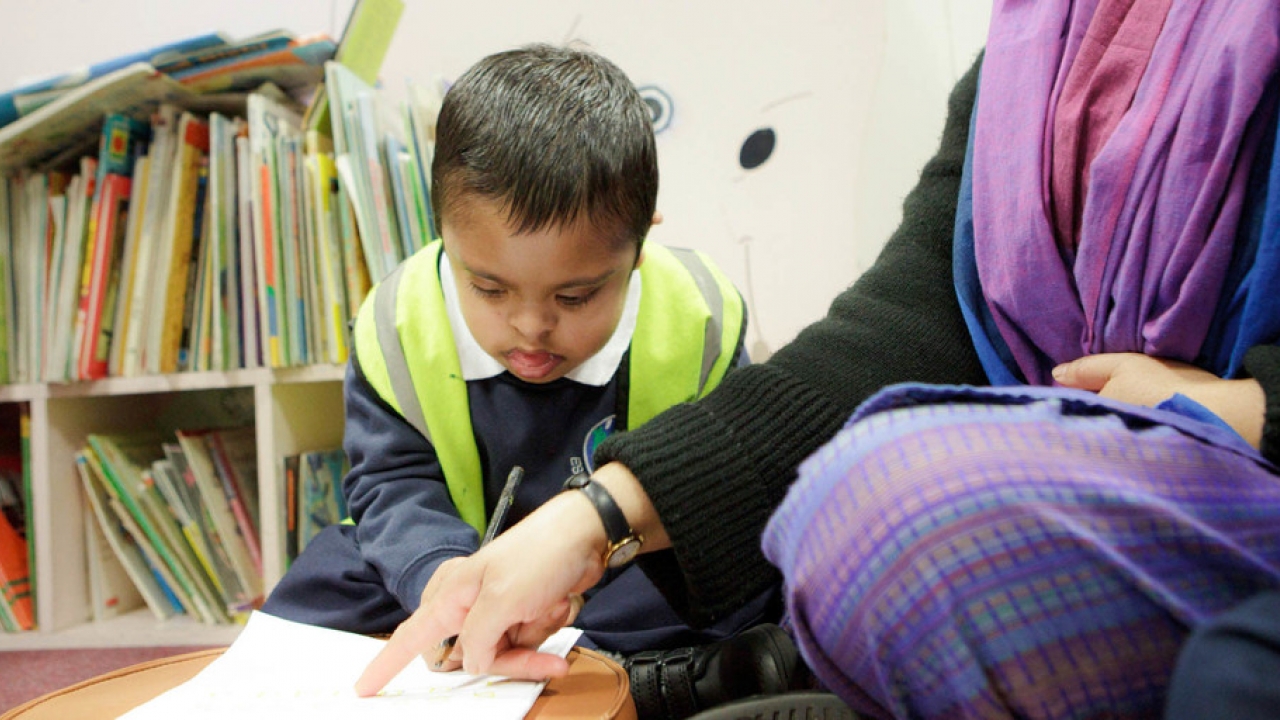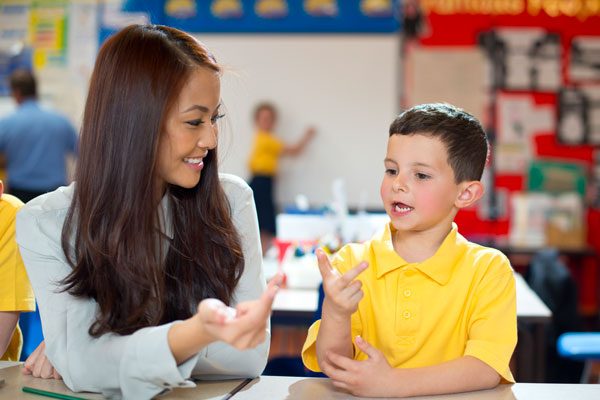Blocks, Legos bricks, and similar building toys
Basic bricks and other building toys (there are many different brands at different prices) are incredibly versatile and can grow with your child. Your child can start by lining them up, but they can easily move on to building structures, tunnels, roads and more.
- Most importantly, these basic toys are perfect for building symbolic play skills and social collaboration – especially when you’re playing with your baby.
- Simple, safe bounce toys: Babies with sensory problems (like most other babies!) Like to bounce. Bounce balls with handles (sometimes labeled “Hippety-Hop”) are a great choice. The same are the mini-trampolines with handles.
Not only are toys fun (especially if you buy two and are playing together), they can also serve as rewards for good behavior.Swings and slides: You can buy very expensive “sensor” swings or get a good, low-cost swing at your local toy store or online.
If you are unsure if your baby is ready for the right balance, buy a swing that has a strap (easy to find and usually adjustable by size). Slides can be tiny plastic ones or bigger and more challenging. The little slides can be used indoors in winter (nice bonus).
Water toys: Anything that uses water and soap can be fun, interactive, and engaging for a child with special needs. Try a variety of options, from Slip-n-Slides to interactive sprinklers to retracting submarines and submarines. Consider squirting toys if you want to deal with the clutter!
Bubbles and Foam: Soap bubbles can be fun to pop, chase and watch. But effective bubble blowing also requires good motor control as well as a certain amount of patience. There are many fun bubble and foam making toys on the market; at least one may be perfect for you and your baby.
Puzzle: Puzzle is the perfect choice if your child prefers a more sedentary lifestyle. Like most of the toys described, they can grow up in distress with your child’s abilities and are fun. It’s easy to create a puzzle with any image of your choice these days, so why not pick a photo or character that your child already loves?
“Sensors” Toys: Contrary to what marketers say, a sensory toy is actually any object that provides sensory feedback. It could be some kind of toy that buzzes or beeps. It can also be putty, play dough, clay, “drilling” or “stretching” the balls, worrying the beads, and so on. All of these products are available at low cost from many retail outlets.
They’re not as interactive as the other toys outlined, but they can really help reduce anxiety.
Simple Card & Board Games: Chess may (or may not!) Go beyond a child’s special needs, but there’s a good chance that classic kids’ games aren’t. If your child has interests and interests, try teaching some classics. Go Fish, Uno, War, Checkers, Connect Four, and many other games are short and simple, but involve making, social interaction, and strategic thinking.
 Art Supplies: Large crayons, markers, and colored pencils can be fun for kids of all skill and skill levels. Coloring pages are a great choice for many kids as they keep the fun within limits and allow kids to “create” their favorite characters. Clay (as mentioned above) is both artistic and therapeutic.
Art Supplies: Large crayons, markers, and colored pencils can be fun for kids of all skill and skill levels. Coloring pages are a great choice for many kids as they keep the fun within limits and allow kids to “create” their favorite characters. Clay (as mentioned above) is both artistic and therapeutic.
Pop-Up Tunnels and Play Houses: Low cost and easy to store, pop-up tunnels, playhouses and tents are great toys for kids with special needs. They support motor development, provide sensory escape, and promote symbolic play when used creatively (parental help may be required).

